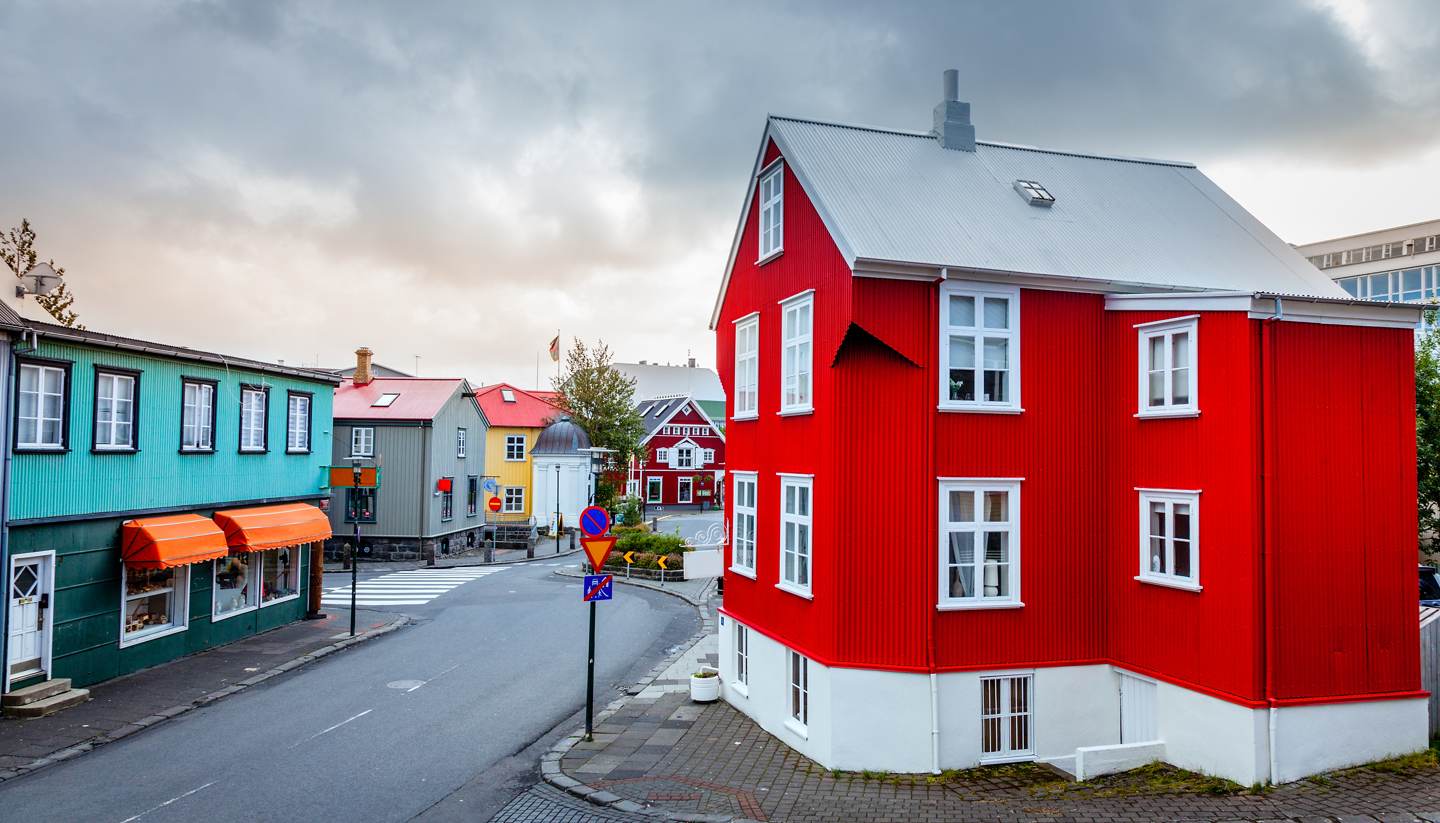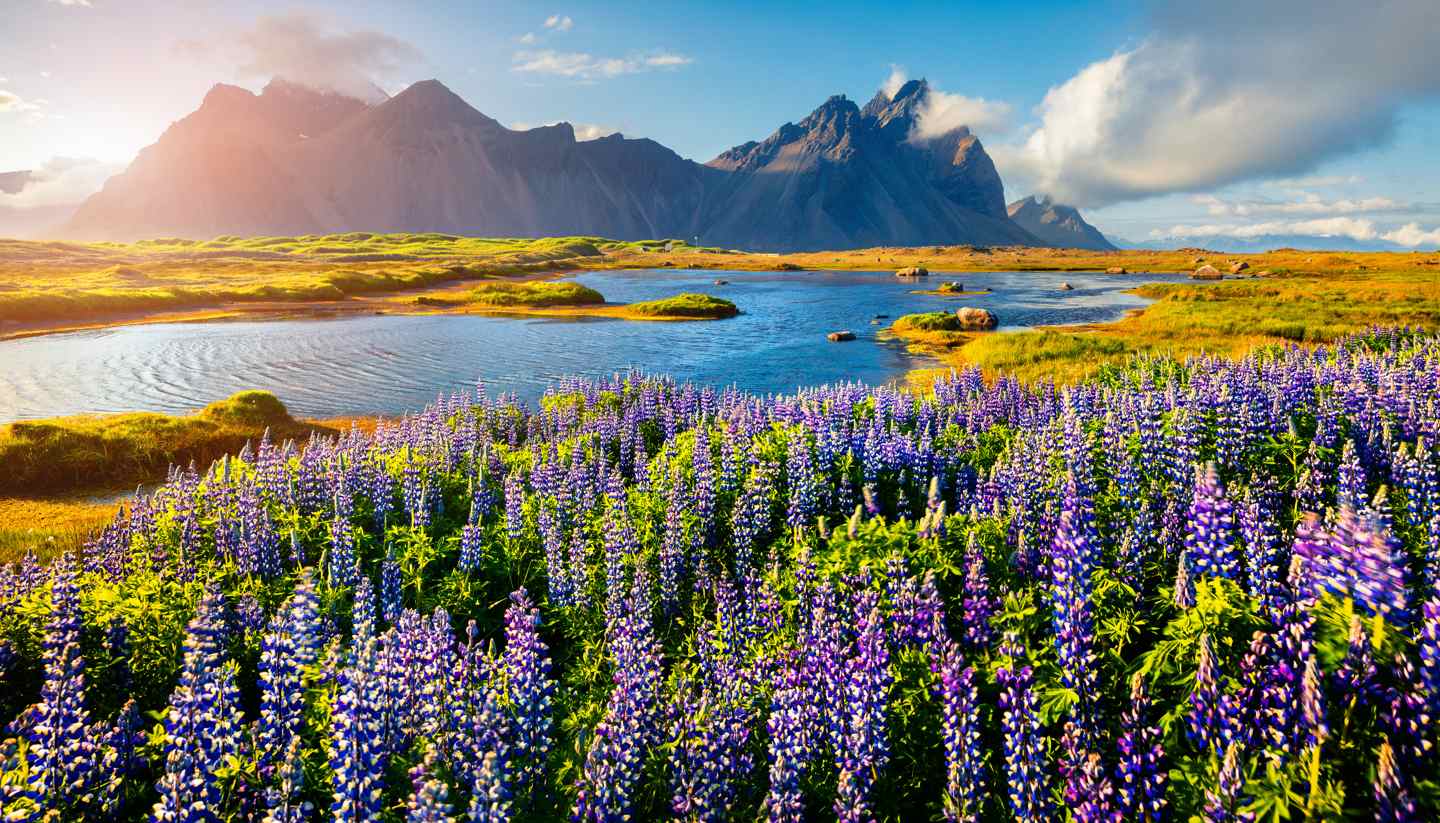Iceland Health Care and Vaccinations
| Title | Special precautions |
|---|---|
| Yellow Fever | No |
| Typhoid | No |
| Tetanus | Yes |
| Rabies | No |
| Malaria | No |
| Hepatitis A | No |
| Diphtheria | No |
Health Care
Citizens of EEA (meaning EU countries plus Liechtenstein and Norway) must bring their EHIC (European Health Insurance Card) to avoid being charged in full. Travel insurance is advised for all non-EEA visitors.
The overall standards of healthcare in Iceland are excellent. There is a healthcare centre (Heilsugæslustöð in Icelandic) in every major city and town. The emergency number for medical assistance is 112.
Pharmacies (Apótek in Icelandic) are widely available and are open during normal business hours.
Food and Drink
The spring-fed tap water in Iceland is clean and safe to drink. There is no need to buy bottled water. While the cold tap water is delicious, the hot tap water may have a hint of sulphur smell – this is due to its geothermal origins and is perfectly safe to drink.
Other Risks
Unpredictable weather and lack of proper equipment are the two things that can catch a tourist off-guard while travelling in Iceland. To keep yourself safe, always check safetravel.is and get the latest alerts before going on an excursion.
If you plan to pursue extreme sports or outdoor activities in Iceland, make sure that your insurance covers them.





